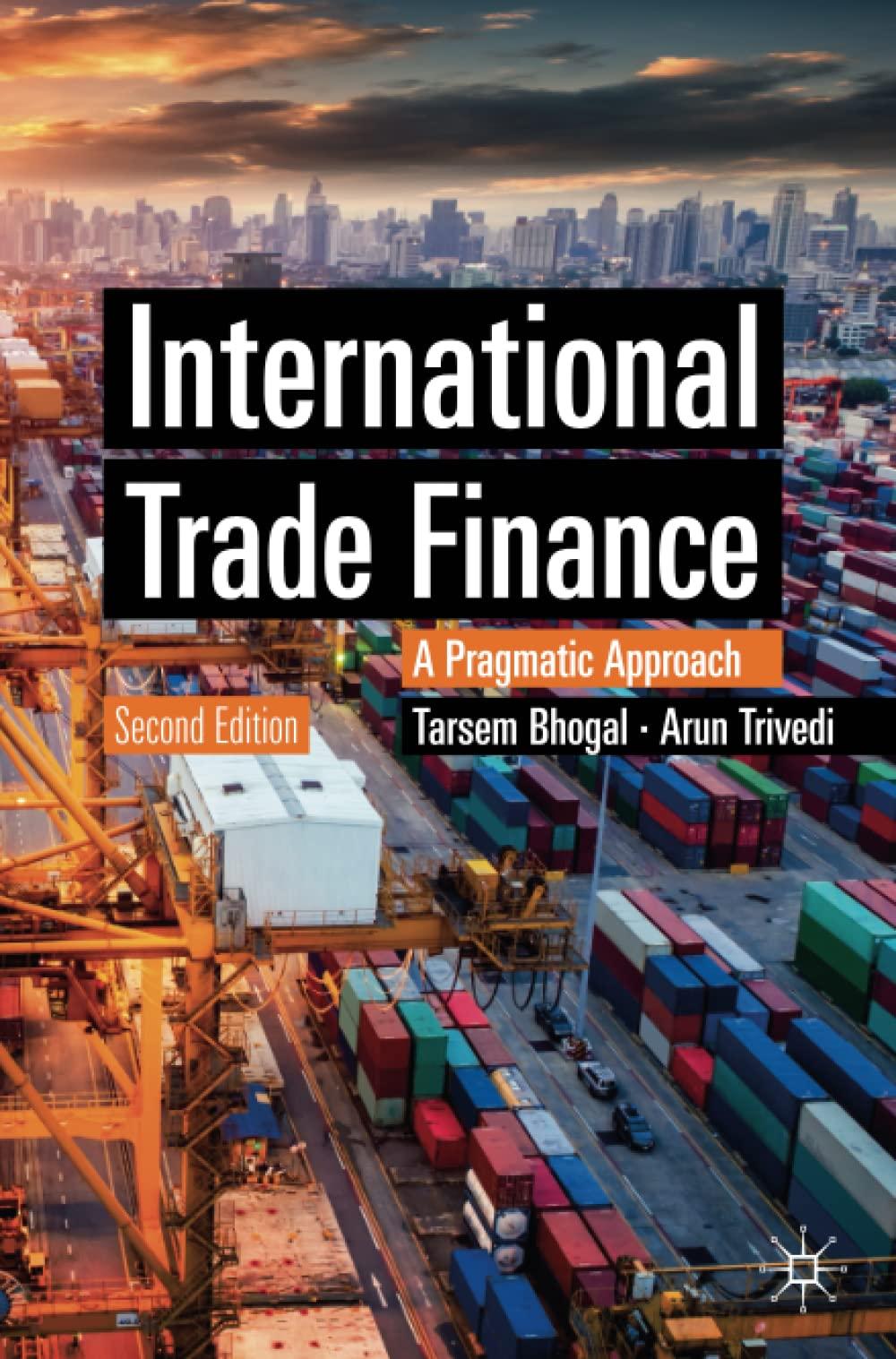Answered step by step
Verified Expert Solution
Question
1 Approved Answer
] I don't understand the hint: 1+r+r 2 ++r 46 =(1-r 47 )/(1-r). 1+r+r 2 +r 3 =(1-r 4 )/(1-r). r 4 +r 5 ++r
 ]
]
I don't understand the hint: 1+r+r2++r46=(1-r47)/(1-r). 1+r+r2+r3=(1-r4)/(1-r). r4+r5++r46=(r4-r47)/(1-r).1+r+r2++r46=(1-r47)/(1-r). 1+r+r2+r3=(1-r4)/(1-r). r4+r5++r46=(r4-r47)/(1-r).
I'm not sure how i'm suppose to interpet this and it would be helpful if someone could at least do part A and B and explain in detail what i'm looking at and what i'm suppose to interpet and take from the hint! thanks!
From the College Scorecard, average costs of attending UCR is S13,144. Average salary for UCR attendees is $47,200 Average salary of someone who does not attend college is roughly $33,800 ($651/week from slides x 52 weeks). Suppose everyone retires at age 65, everyone leaves high school at age 18, and college lasts 4 years a. (2 points) What is the present discounted value of working immediately instead of going to college if the discount factor is r 1/1.05)? What is the present discounted value of going to UCR? Financially speaking, is going to UCR a good deal (assuming you would be continuously working and no wage growth)? Hint b. (2 points) What is the present discounted value of working immediately instead of going to college if the discount factor is r 1/1.25)? What is the present discounted value of going to UCR? Financially speaking, is going to UCR a good deal (assuming you would be continuously working and no wage growth)? Hint c. Give two reasons why average salary of UCR graduates may be higher than average salary of UCR attendees (2 points)? d. (2 points) Now suppose you are entering your last year of college. You would have to pay 1 year of tuition and forgo 1 year of salary at $38.200 to complete your degree. If you complete your degree you will earn $52,200. Maintain the high discount rate (rF1/1.25). You anticipate working 44 years if you work instead of going to college (43 years if you don't). Financially speaking, is going to UCR a good deal (assuming you would be continuously working and no wage growth)? e. (2 points Why might the last year (graduating year) of college have a larger future wage premium associated with it than each of the three previous years of collegeStep by Step Solution
There are 3 Steps involved in it
Step: 1

Get Instant Access to Expert-Tailored Solutions
See step-by-step solutions with expert insights and AI powered tools for academic success
Step: 2

Step: 3

Ace Your Homework with AI
Get the answers you need in no time with our AI-driven, step-by-step assistance
Get Started


